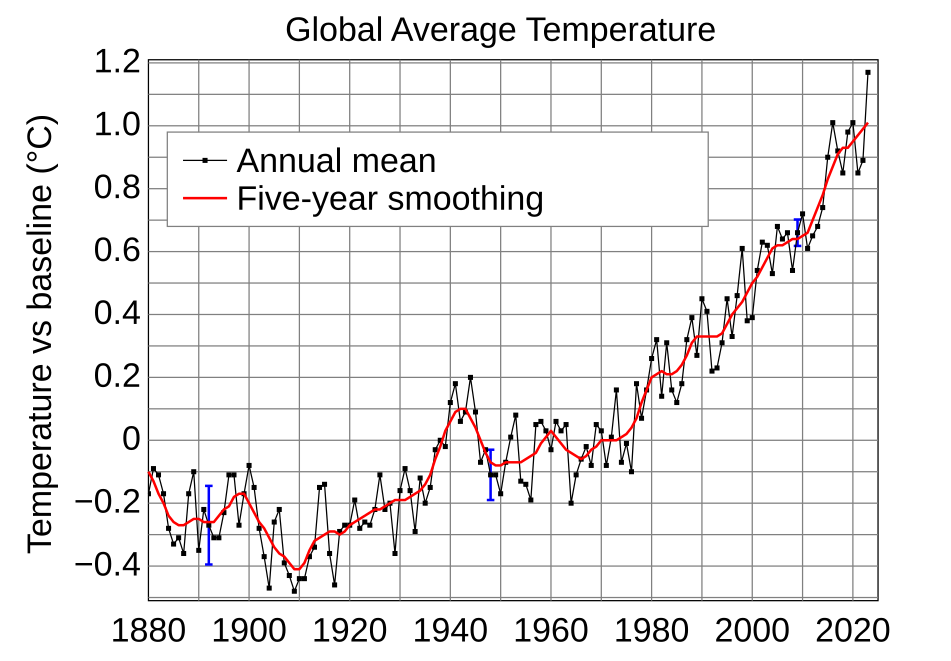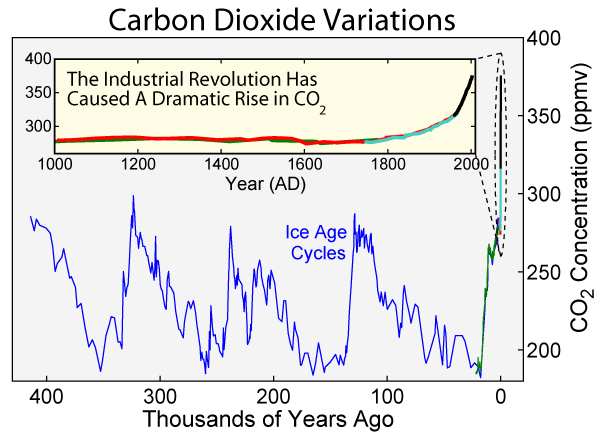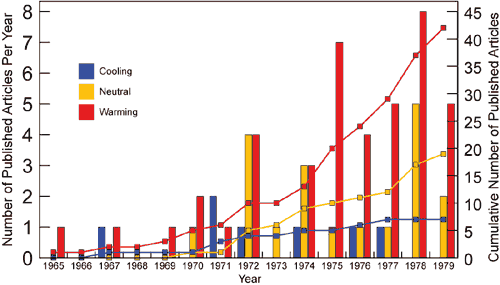Boss
Take a Memo:
Kind of stupid, there, old boy. First, the physicists are the people that measure things like the absorption spectra of CO2. Now if you have more than a grade school education in science, you would understand what that means.LOL
So what we have here is a fruit loopy anonymous poster on a message board claiming that he knows more than all the scientists on this planet. As for #'s 1 and two;
The Carbon Dioxide Greenhouse Effect
The American Institute of Physics is the largest Scientific Society on this planet. And it and every other Scientific Society, as well as all the National Academies of Science and the major Universities state that AGW is real, and a clear and present danger.
The amount of land at the poles is a factor in the ice ages, but more important factors are the GHGs in the atmosphere and the Milankovic Cycles. There have been vast geological periods when there was land covering the South Pole, and there was no continental ice sheets there.
The two primary drivers of climate are the amount of energy the sun recieves from the sun, and the amount it retains. The latter is controlled by the Earth's albedo, and the amount of GHGs in the atmosphere. Land distribution, Milankovic Cycles, effect the distribution of the heat and cold on earth, but are not primary drivers.
CO2, being the primary GHG, not the strongest one, that is water vapor, but the primary one. CO2 controls the amount of water vapor in the atmosphere. All the physicists state that.LIES!
Most people aren't climatologists or scientists. So whenever they read this impressive propaganda, they have no way of understanding whether it is right or wrong and many will assume, since lots of big fancy words and terminology is used, this must be correct. Even those who might be skeptical will go online to research and here's another two.. three.. four sources who seem to agree with the original propaganda. Suddenly, they get the emotive feeling that anything other than believing this is going to be thought of as dumb and they don't want to be dumb.... even though they actually are.
The Earth has been going through warming and cooling cycles for billions of years. It has been MUCH warmer and MUCH cooler for extended periods of time. All-in-all, Mother Nature is a pretty resilient old gal. Man can do really careless shit... like dumping millions of gallons of oil into her oceans, killing off massive numbers of fish and wildlife and destroying wetlands... and within 10-20 years, old Mother Nature has cleaned up the mess and moved on. She's pretty busy because humans can be very careless. She's constantly cleaning up our messes and we should all strive to be more careful... but she also has to clean up messes we don't have a thing to do with. Like when a volcano erupts and pours millions of metric tons of sulfur and ash into the atmosphere... tens of thousands of times more damaging than anything man could ever manage on his own.
IF humans converted EVERY smokestack industry in the world over from actually producing products to the goal of simply pumping out as much pollution as they could muster daily.... and they operated these plants 24/7/365 for 10,000 years, it would result in almost as much damaging pollution as the Mt. St. Helen eruption, which was relatively mild in terms of volcanic eruptions. That;s an example of how little man's effect is on the climate of Earth. Mother Nature would laugh this effort off in a couple of decades.
The worst thing man has ever done to the environment is nuclear testing. Since the 1940s, we've unleashed untold amounts of radioactive fallout into our atmosphere. Now Ol' Lady Nature has a bit of a problem cleaning this stuff up because it has such a long half-life. And... it's seriously deadly to all forms of life. Still, the old broad keeps on working while we sleep and eventually, she cleans it all up. We really owe her a lot of credit for the amazing and miraculous work she does on our behalf.
As for your contention concerning the Mt. St. Helens eruption, you are totally full of shit. And, apparently, proud of it, or you would have researched that before sticking your foot into it.
Which produces more CO2, volcanic or human activity?
Gas studies at volcanoes worldwide have helped volcanologists tally up a global volcanic CO2 budget in the same way that nations around the globe have cooperated to determine how much CO2 is released by human activity through the burning of fossil fuels. Our studies show that globally, volcanoes on land and under the sea release a total of about 200 million tonnes of CO2annually.
This seems like a huge amount of CO2, but a visit to the U.S. Department of Energy's Carbon Dioxide Information Analysis Center (CDIAC) website (Carbon Dioxide Information Analysis Center (CDIAC)) helps anyone armed with a handheld calculator and a high school chemistry text put the volcanic CO2 tally into perspective. Because while 200 million tonnes of CO2 is large, the global fossil fuel CO2emissions for 2003 tipped the scales at 26.8 billion tonnes. Thus, not only does volcanic CO2 not dwarf that of human activity, it actually comprises less than 1 percent of that value.
A short time ago (geologically speaking) the question "Which produces more CO2, volcanic or human activity?" would have been answered differently. Volcanoes would have tipped the scale. Now, human presence, activity, and the resultant production of CO2, through the burning of fossil fuels, have all climbed at an ever-increasing rate. On the other hand, looking back through the comparatively short duration of human history, volcanic activity has, with a few notable disturbances, remained relatively steady.
Apparently you can't read very well because I never even mentioned volcanic CO2 emissions. But if you want to debate natural emissions of CO2, let's talk about the oceans and vegetation... they generate tons more natural CO2 than humans every day. In fact, oceans produce 16 times more than humans. Those evil capitalist OCEANS!
CO2 is one of the most abundant compounds on Earth and indeed, the universe. While plants and oceans do emit a lot of it, they also absorb a lot of it. It's a natural process happening all the time. Man's contribution is minuscule in comparison. To the degree we are affecting a change in the Earth's natural warming or cooling cycle, it's inconsequential and totally doesn't justify this "sky is falling" nonsense of Warmers. Nature handles it... we're not going to melt all the ice! We couldn't do that if we WANTED to.
Even this Al Gore nonsense about how we're going to see coastal flooding soon if we don't change our ways.... it's laughable! Far before we'd ever see any tangible rise in coastal ocean levels, the natural convection of the oceans would cease to function due to all the cooling from melting ice and everything in the ocean would die. We'd have much bigger problems than flooding coast lines. It's just ridiculous nonsense heaped on top of more ridiculous nonsense.
Look it... If you don't want us to burn fossil fuels, develop some alternative cost-effective form of energy! Because, right now, that's how we fuel the industrialized world and I don't think most of us want to go back to living in caves.





